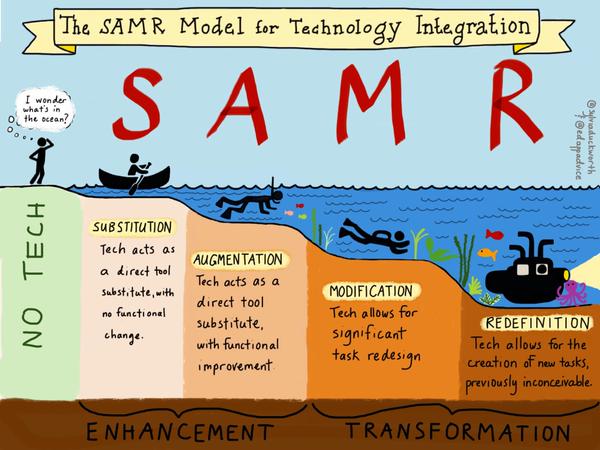- What are some factors that might prevent some individuals from performing well on LSAs despite possessing sufficient knowledge and skills?
The first thing that comes to mind for me is anxiety, I was a very anxious test taker through my undergraduate degree despite having the skills and knowledge to do well on the test and sufficient preparation for exams. When connecting with students about their test anxiety and helping them develop strategies to adapt and calm themselves I hear many of the same things that went through my own brain as a student and continues to reply in my mind every time I submit an assignment, the negative self talk questioning if they are good enough, smart enough or they did enough. While some degree of anxiety about a test is normal or even good there is a point where it becomes a hinderance to student success and that point is going to be different for every child. I always share something my ballet teacher used to tell me about being nervous for a performance or exam, “I want you to be a little anxious for this, it means you care and want to do well, but we’re going to put that energy into the performance and not worrying”, for me that reassurance that my anxiety was normal and to be expected helped calm me slightly. My anxiety means I care about what I’m doing, but I’ve had years to learn strategies to cope with it and learn to harness that energy into something productive as well as strategies to distract myself when needed.
My second thought was our students with varied learning disabilities particularly our weak readers and writers. Tests are often very literacy heavy and require sophisticated reading and writing skills that a student may not yet possess but when discussing content in social studies, science or mathematics they can demonstrate their understanding clearly. It comes back to being clear in what we are assessing and using our UDL strategies when constructing tests and assessments. This also includes ELL students who are beginning to learn in English with all of our unusual spelling and grammar rules and how words can take on different meanings in varied contexts or sound the same but look and mean something different so their answer is not what they intended or they misinterpret what the question was asking.
My next thought went to background knowledge, often large scale assessments appear to assume a specific set of back ground knowledge is common to all students at a certain grade level. How ever we have noticed in my school that many students lack background knowledge we assumed was common or common sense. Often grade level reading assessments include passages about camping, cycling, family vacations or holiday celebrations and these do not reflect the students sitting in my classroom. My students have different backgrounds and their background knowledge varies as a result, I love the diversity and depth this brings to our classroom community and how it draws our discussions in unique and unpredictable directions as stories are shared. My students who do not have personal experience with camping, hockey, family vacations or specific holiday celebrations struggle with completing assessment tasks that ask them to write about or read about those topics.

